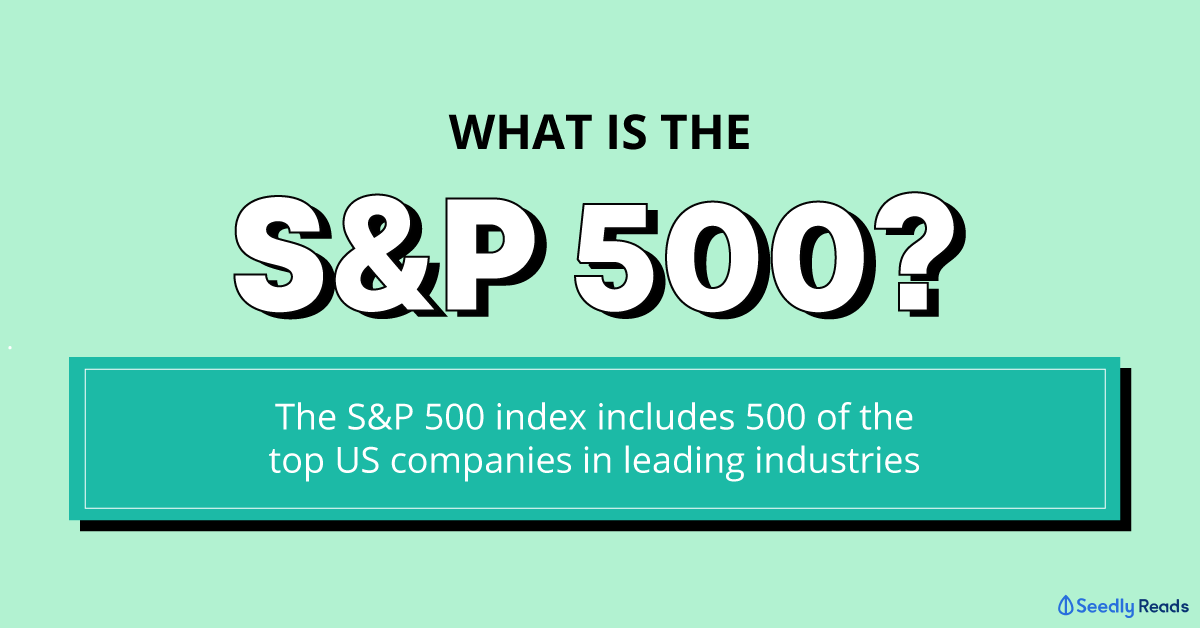Advertisement
I am interested to buy into S&P 500. Which is better - Buying it directly via SCB versus through RSP with Poems, Infinity U.S. 500 Stock Index Fund or Fidelity America Fd A USD (SRS)?
Anyone can advise what are the pros versus cons for doing either? Which would be more cost-efficient in the long run?
9
Discussion (9)
Learn how to style your text
Tan Wei Ming
30 Jun 2020
Founder and Writer at Frugal Youth Invests
Reply
Save
Hi Hazel,
Came across this question as I am scrolling through the unanswered questions. Hope I am not too late to give my inputs as this question has been posted nearly a month ago. I can't really comment on which platforms are better as I do not use either of them. However, I can help you answer some of the key questions regarding your funds.
These are some of the important questions to know before deciding which funds to invest in:
How has the NAV been trending since inception?
How has the fund been performing quarter on quarter since inception?
How has the dividend been trending since inception?
How has the fund size been growing?
What are your probabilities to make/lose money?
What are your average (+) and (-) returns?
Is your fund outperforming or underperforming the benchmark? (For Unit Trust)
I will say that out of these 2 funds, Infinity U.S. 500 Stock Index Fund is better. Fidelity America Fd A USD has been underperforming its benchmark and its fund size is crashing since 2017. Else, you can consider VOO US since it is a much popular and preferable ETF fund to many unit trusts that try to outperform the S&P 500. You can find many useful charts and checklists of these funds that answer the above questions, via the following link: https://dl.orangedox.com/fund-analysis-pdfs
File Names:
INFINITY US 500 STK-USD (OCBINDU SP Equity)_update_300620
FIDELITY FUNDS-AMER-AUSD DIS (FIDLAMI LX Equity)_updated_300620
VANGUARD S&P 500 ETF (VOO US Equity)_updated_300620
Reply
Save
Write your thoughts
Related Articles
Related Posts
Related Products

POEMS by PhillipCapital
4.3
436 Reviews
$0
MINIMUM FEE
0.08%
TRADING FEES
Custodian
STOCK HOLDING TYPE

Standard Chartered Online Trading
3.4
44 Reviews

Moomoo Singapore
4.7
487 Reviews
Related Posts
Advertisement








The most important aspect I will look for when investing in an ETF will be the expense ratio. Index ETF especially those that track S&P500 always have low expense ratio. If I remember correctly, VOO's expense ratio is 0.03%. This expense ratio is extremely low compared to the funds mentioned above.
I typically look at expense ratio, tracking error when comparing between different ETFs provider of the same tracking index.
Next, I will look out for a platform that performs DCA that's cheapest. FSMOne's ETF RSP was a godsend for me when it was introduced in November. I settled with FSMOne's ETF RSP after comparing Kristal after considering that DCA should be for the long term and the fee structure of FSMOne is better in the long run.
Note that US ETF has 30% dividend witholding tax and up to 40% estate tax for any amount above US$60k upon one death. This is something to take in the long run when considering DCA, RSP.
My view is that going for S&P500 is for capital appreciarion and not for dividends because you can do so in Singapore. There's no point in buying Ireland domiciled ETF for the 15% DWT. You might just have incurred more commission in hoping to save the dividends.
I think one will choose to invest in Ireland ETF for the savings in estate tax. I think this portion is debatable but if is really your choice.